In your garden, you may often come across tiny critters that you might not think much of.
However, many of these little creatures can actually be highly beneficial for your plants and the overall ecosystem.
As a gardener, it's essential to be aware of the positive impact these critters have on your garden, so you know how to properly appreciate and encourage their presence.
Not all insects are pests; in fact, many of them are considered allies in your quest for a thriving garden.
They can help with natural pest control, pollination, and even improve soil health.
By recognizing these beneficial critters, you can create a more balanced and thriving environment in your backyard oasis.
In this article, we'll explore some of the lesser-known beneficial garden critters that you might not be aware of.
Insects: Guardian Of The Garden
As a gardening enthusiast, you might have encountered various garden critters, some of whom play a crucial role in maintaining the health of your plants. Here are some of them:
Ladybugs
The vibrant and adorable ladybugs are not just a pretty sight in your garden, but they are also known for being voracious predators of various pests, specifically aphids.
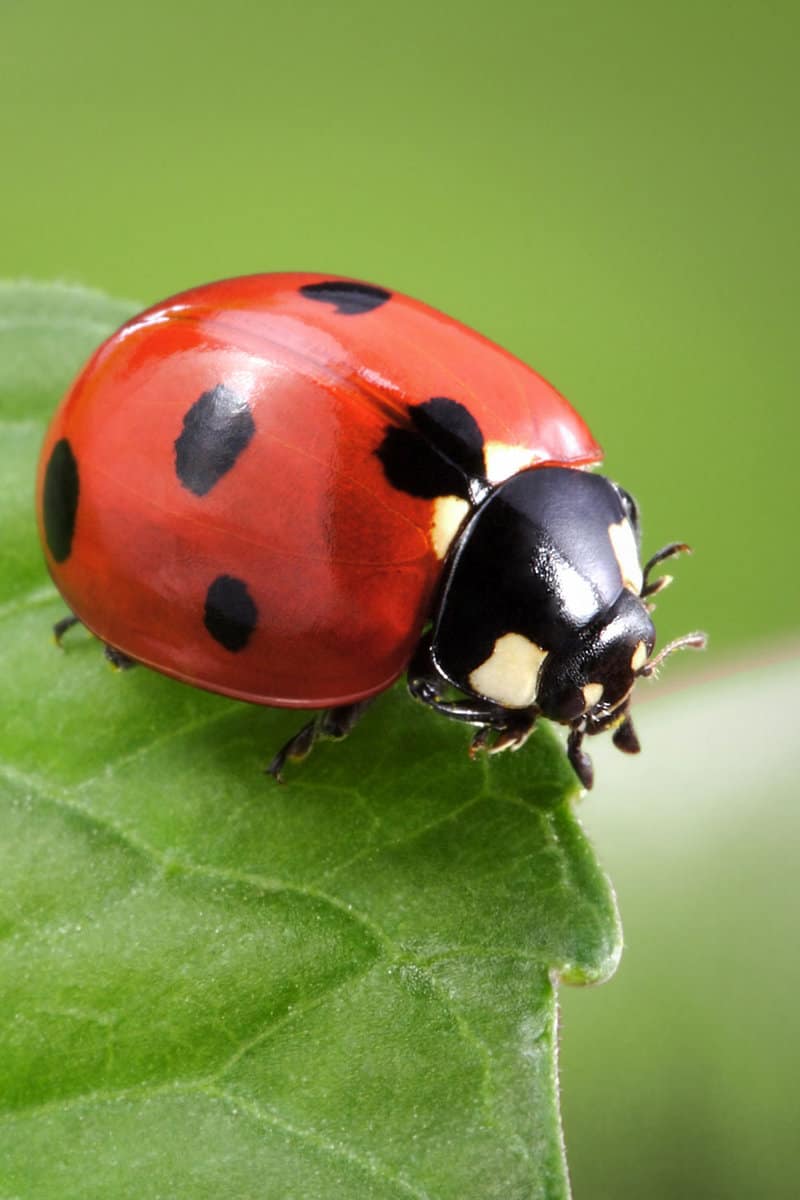
They can consume up to 60 aphids a day, thus providing a natural solution to protect your plants from these sap-sucking nuisances.
It is essential to foster a garden environment that accommodates beneficial insects like ladybugs so they can help you maintain your garden's health.
Praying Mantis
Another fascinating guardian in your garden is the praying mantis.
These skilled hunters can quickly ambush their prey, which includes a wide range of garden pests such as caterpillars, grasshoppers, and even small rodents or birds.
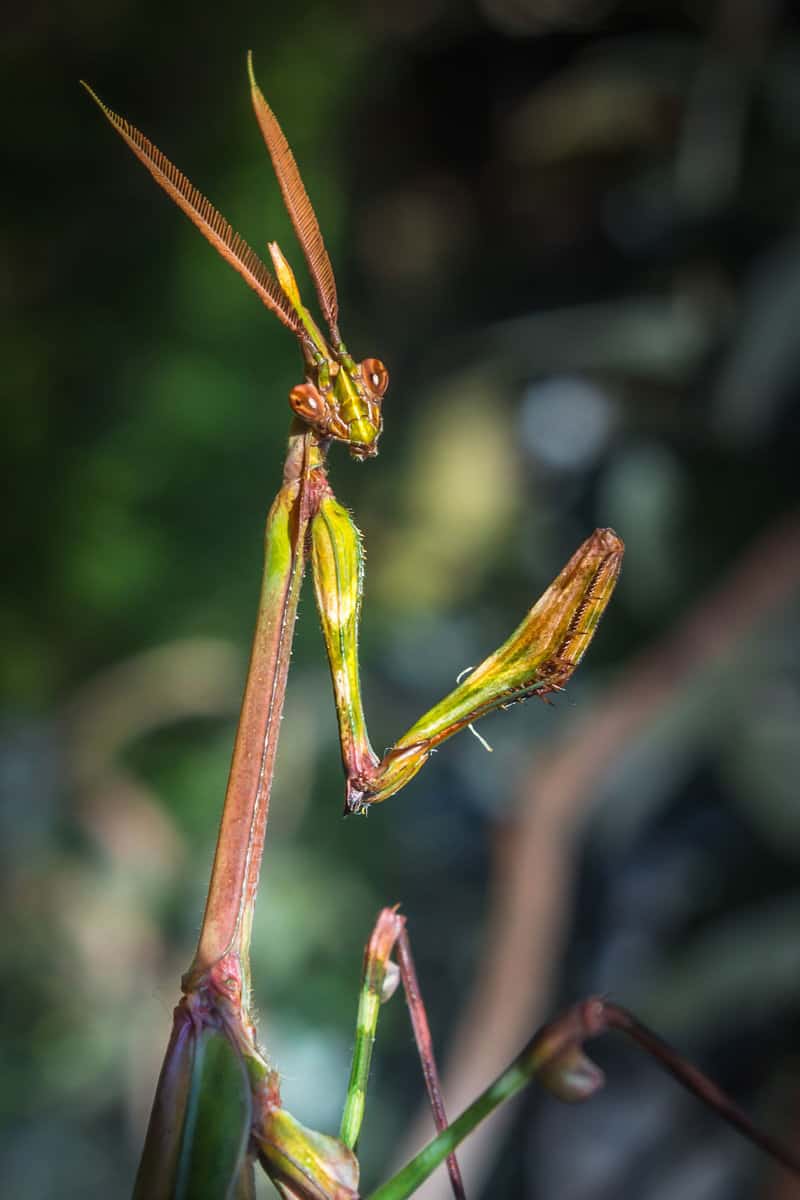
Their characteristic predatory behavior not only helps control pest populations but also adds a sense of thrill and dynamic activity to your garden ecosystem.
You can encourage the presence of praying mantises by offering plenty of hiding spots and tall, grassy plants for them to inhabit.
Ground Beetles
Often overlooked, the nocturnal ground beetles are powerful allies in your battle against garden pests.
Though their appearance might not be as striking as other insects, they play a vital role in keeping harmful insects at bay.
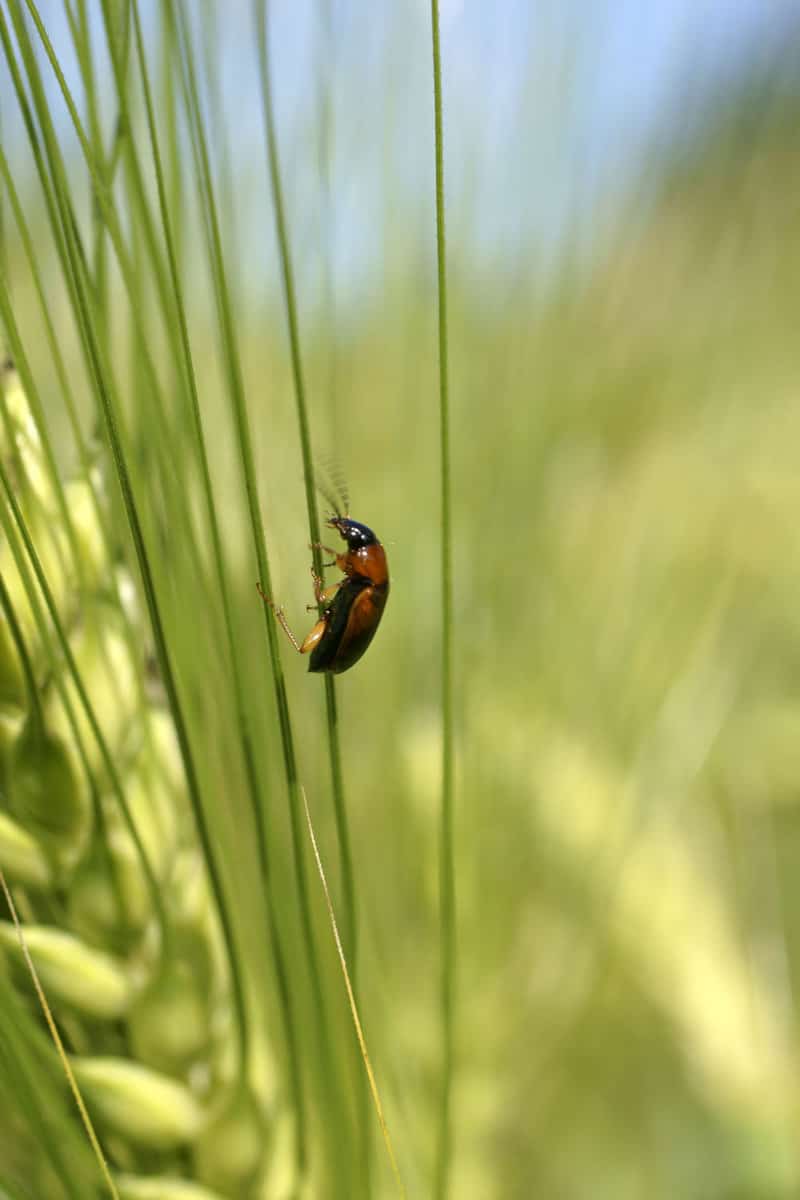
Ground beetles are particularly beneficial in controlling slugs, snails, and other insects that may damage your plants.
To make your garden more beetle-friendly, provide undisturbed areas with natural debris such as leaf piles, logs, or stones, where they can safely hide and lay eggs.
Arachnids: Invisible Defenders
Arachnids provide valuable help in keeping your garden healthy.
By creating a supportive environment for these invisible defenders, you'll be supporting your plants and enjoying a more balanced ecosystem in your garden.
Spiders
Don't be frightened if you see some spiders in your garden – these little critters are actually beneficial for your plants.
Many spider species act as natural predators, keeping the population of harmful insects in check.
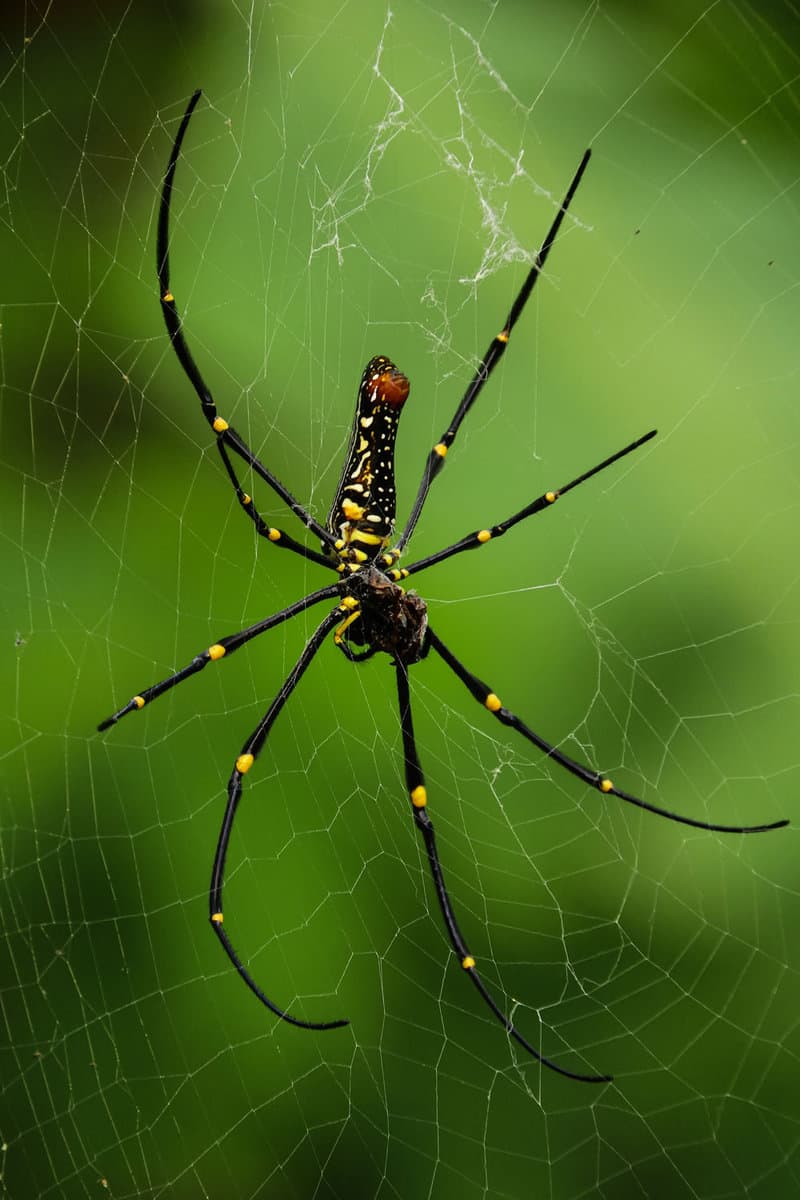
For example, they can help control the number of aphids and other pests that can damage your plants and carry diseases.
Consider providing a welcoming environment for spiders in your garden. You can do so by incorporating various structures, such as rocks or logs, for them to hide under.
This not only gives them shelter but also makes it easier for them to hunt and protect your plants from harmful insects.
Scorpions
While scorpions might seem intimidating, most species are not harmful to humans, and they can help keep other unwanted critters in check.
Scorpions are particularly good at controlling populations of insects like roaches and crickets, which can be a nuisance in your garden.
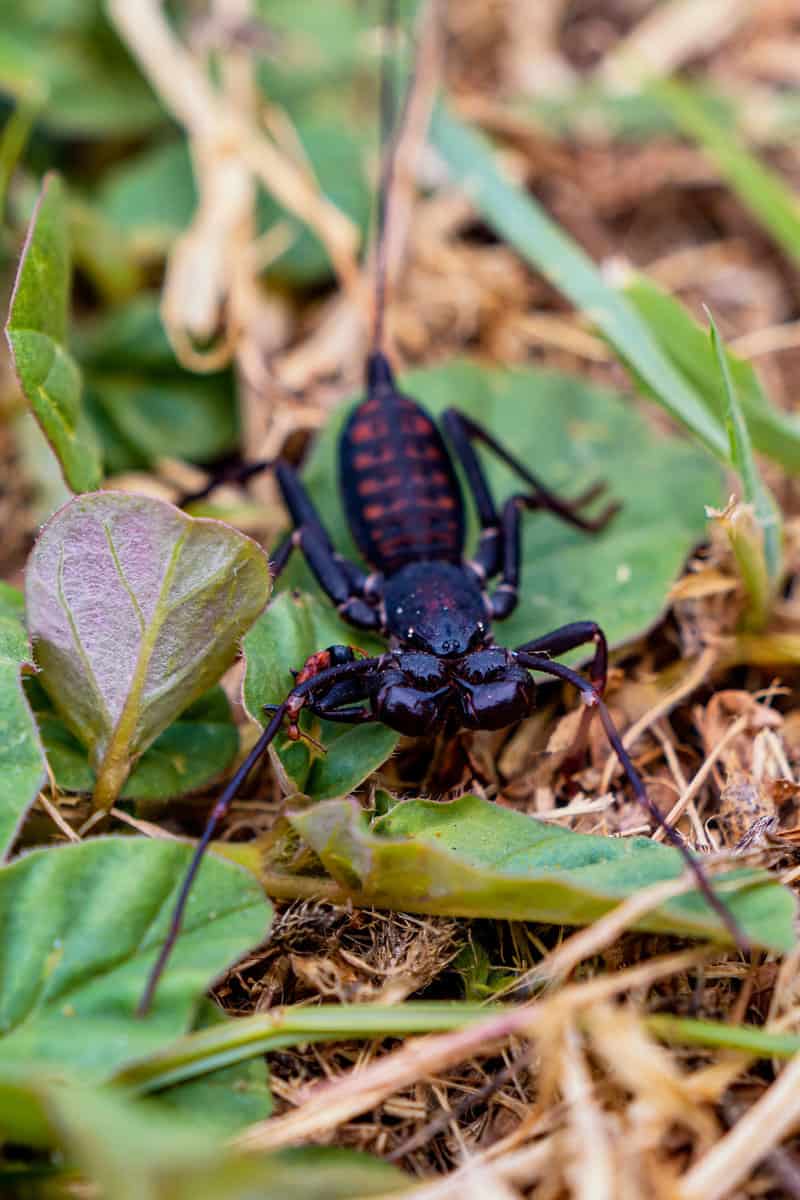
To encourage scorpions to stick around, you can implement some strategies which will provide them a suitable habitat. For instance, you can:
- Maintain a layer of mulch in your garden beds, as it provides a perfect hiding spot for scorpions.
- Stack rocks, logs, or bricks to create shelter, and place them strategically in your garden as potential hunting grounds for the scorpions.
- Be mindful when using insecticides, as they can affect the scorpion population as well.
Keep in mind that while scorpions can be helpful in your garden, be cautious when handling items where they might be hiding, such as rocks or logs.
Wear gloves to avoid a potential sting, even though most species are not dangerous to humans.
Small Mammals: Unexpected Allies
In your quest to create a thriving garden ecosystem, you may not have considered how beneficial certain small mammals can be. Here are a few of your garden friends.
Hedgehogs
These charming creatures can be quite the garden helpers.
Hedgehogs are natural predators of common garden pests such as slugs and insects, providing a chemical-free pest control solution.
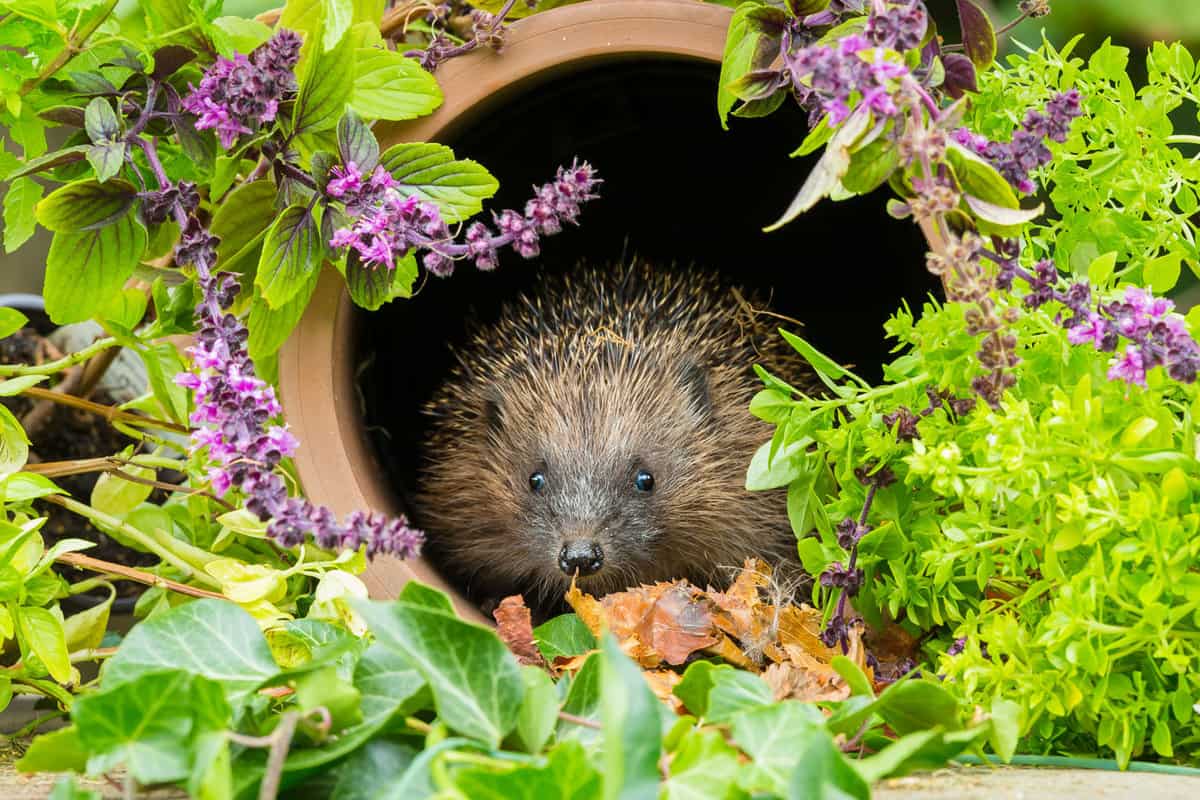
As nocturnal creatures, they'll work through the night to keep your garden healthy without disturbing your daytime activities.
To encourage hedgehogs to visit your garden, provide a welcoming environment with leaf piles, logs, and hedgehog-friendly hiding spaces.
Bats
Though they might have a fearsome reputation, bats can be incredibly beneficial to your garden.
Many bat species are insectivores, which means they consume large quantities of insects, including mosquitoes and garden pests like moths.
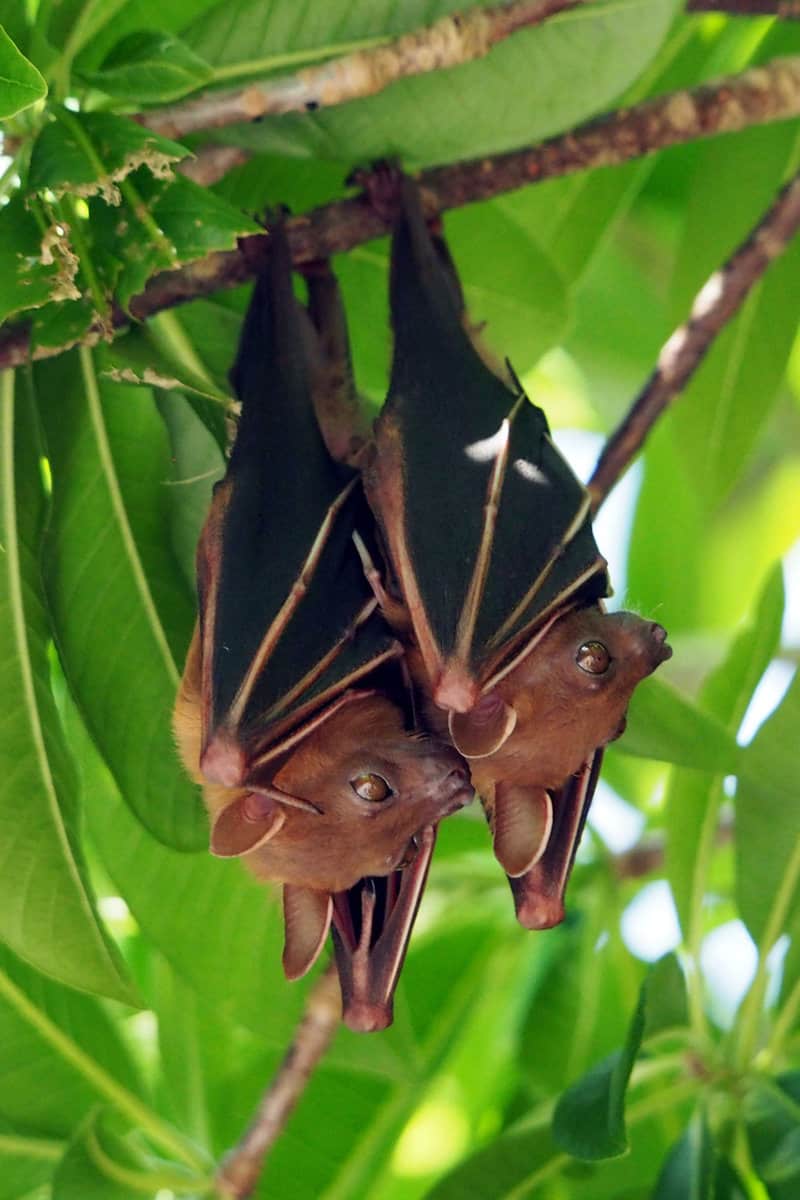
This natural pest control helps to protect your plants and keep the insect population in check.
In addition, bats are important pollinators and can help spread pollen between plants, supporting the growth of your garden.
To attract bats to your garden, consider installing bat houses or boxes, which offer a safe and cozy shelter for these helpful critters. Be sure to place them in a high, sunny location protected from predators.
Winged Helpers: Birds And Bats
Enhance your garden by inviting these winged helpers. They will not only provide benefits to your plants but also create a lively and soothing atmosphere with their presence.
Songbirds
Songbirds can be a gardener's best friend because they help to control insect populations in your garden.
These chirpy creatures feast on a variety of bugs such as caterpillars, beetles, and aphids.
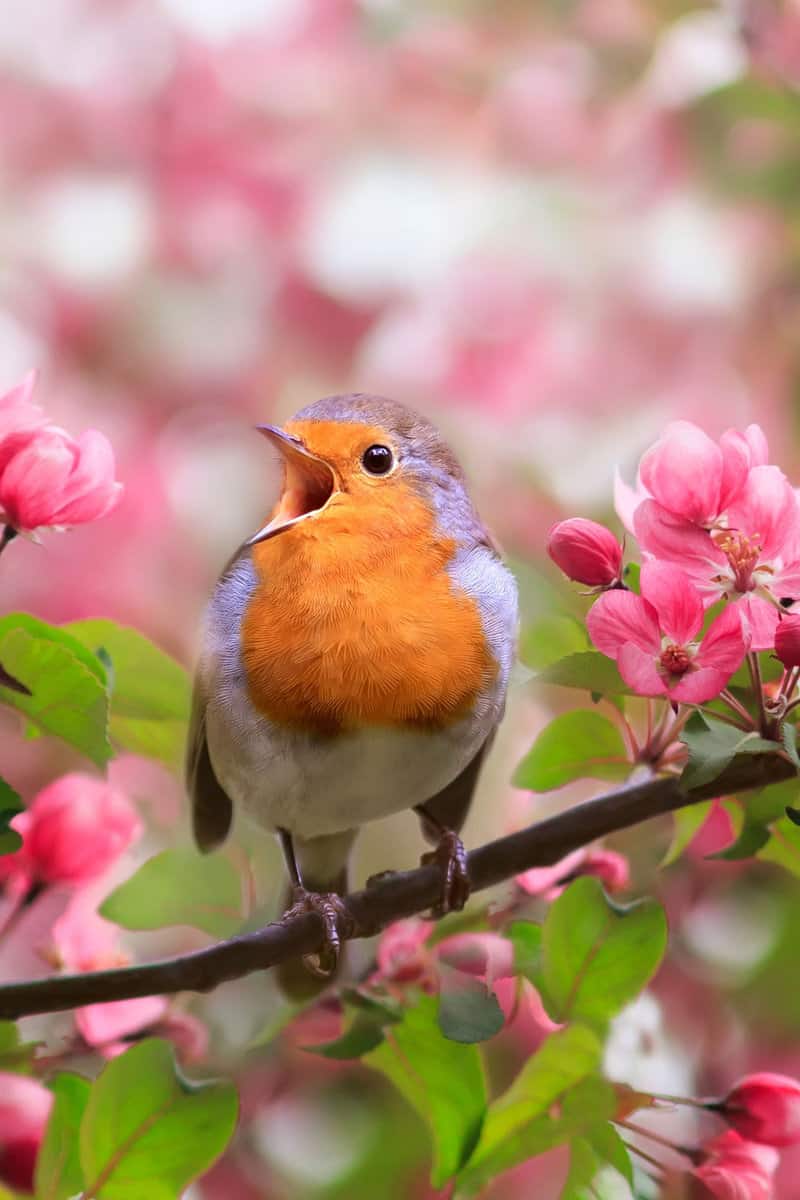
By attracting songbirds to your garden, you can create a natural and effective pest control system.
Some common songbirds that can benefit your garden include robins, sparrows, and finches.
To attract these lovely birds, you can provide a mix of plants that offer food, shelter, and nesting opportunities.
This may include native trees, shrubs, and flowers that produce berries, seeds, and nectar.
Providing bird feeders with a mixture of seeds and fresh water in a birdbath will also make your garden a popular spot for songbirds.
Hummingbirds
In addition to being beautiful and fascinating to watch, hummingbirds are essential pollinators for your garden.
These tiny birds move rapidly from flower to flower, pollinating as they go, which helps your plants to produce fruits and seeds.
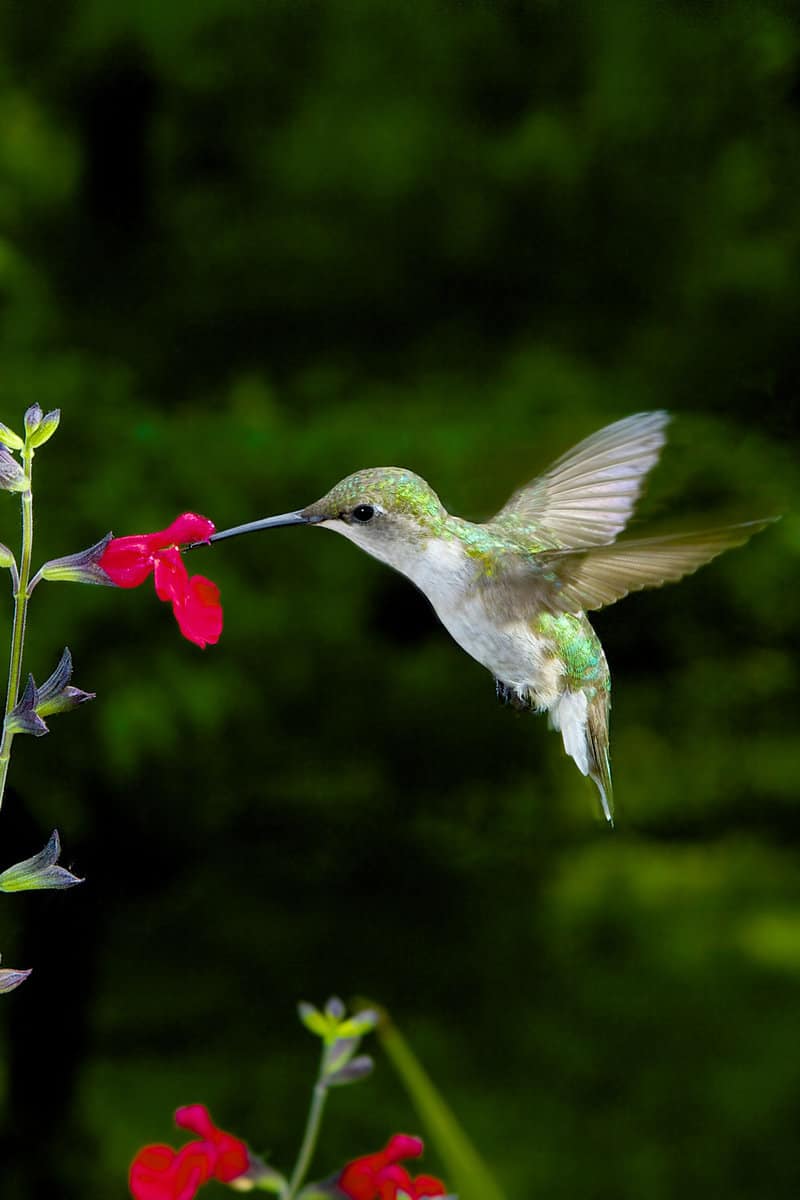
They mainly feed on nectar, so planting flowers with high nectar content, such as salvia, azaleas, and trumpet vine, can attract them to your garden.
To make your garden more hummingbird-friendly, consider putting up a hummingbird feeder filled with sugar water.
Just remember to clean the feeder regularly to prevent mold and bee problems.
Moreover, you can provide perching and nesting spots by incorporating trees and shrubs in your landscape, making it a haven for these tiny winged helpers.
Amphibians: Silent Protectors
As a gardener, you might be surprised to learn that there are many beneficial critters living among your plants. One group of these helpful creatures are the amphibians.
Frogs
Frogs are amazing little helpers in your garden. They mainly feed on insects, including pests like aphids, stink bugs, and various beetles.
By keeping these insect populations in check, frogs can reduce the need for potentially harmful pesticides in your garden.
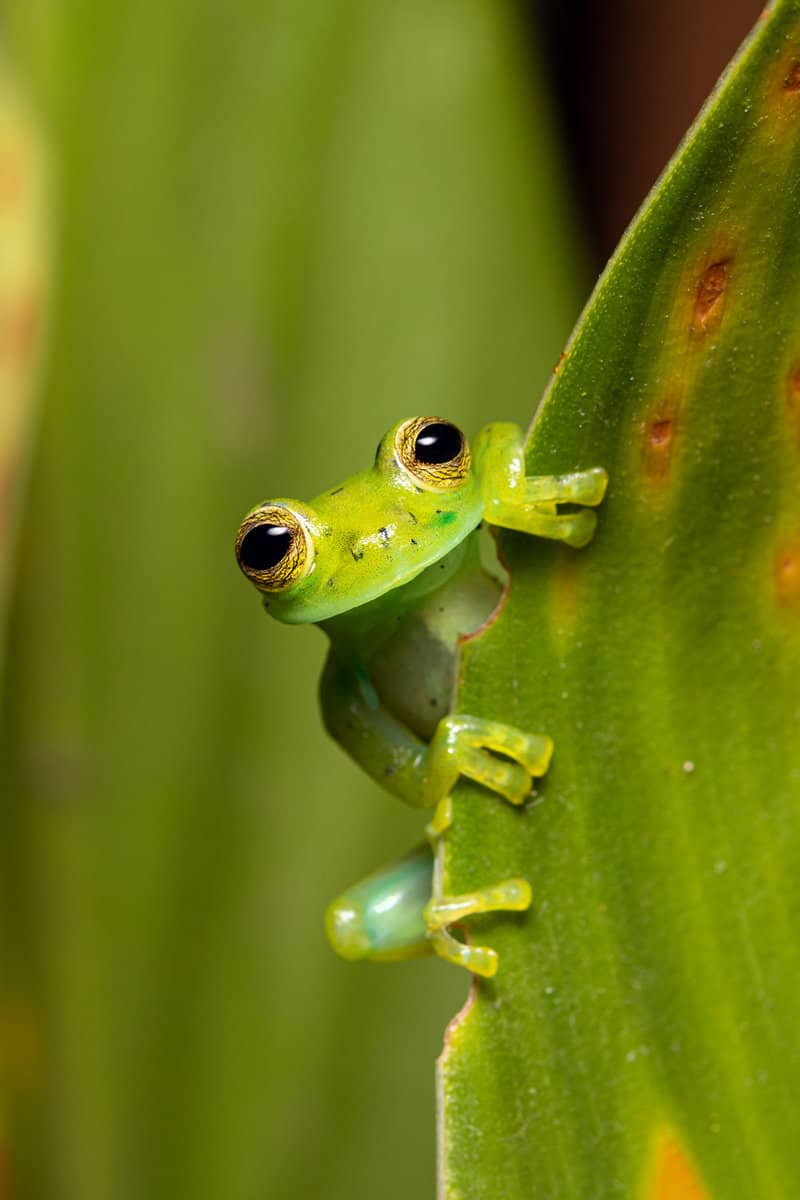
Additionally, the presence of frogs can be an indicator of a healthy ecosystem in your green space.
To encourage frogs to make themselves at home in your garden, consider providing a small pond or water feature.
This can serve as a perfect breeding and living habitat for various frog species.
Moreover, you can add native plants around the pond to provide shelter and shade for the frogs and their tadpoles.
Toads
Toads, although different in appearance, are also valuable members of the amphibian family in your garden. They are voracious eaters of insects, just like their frog cousins.
A single toad can consume thousands of insects, such as slugs, snails, and grubs, which can damage your plants if left unchecked.
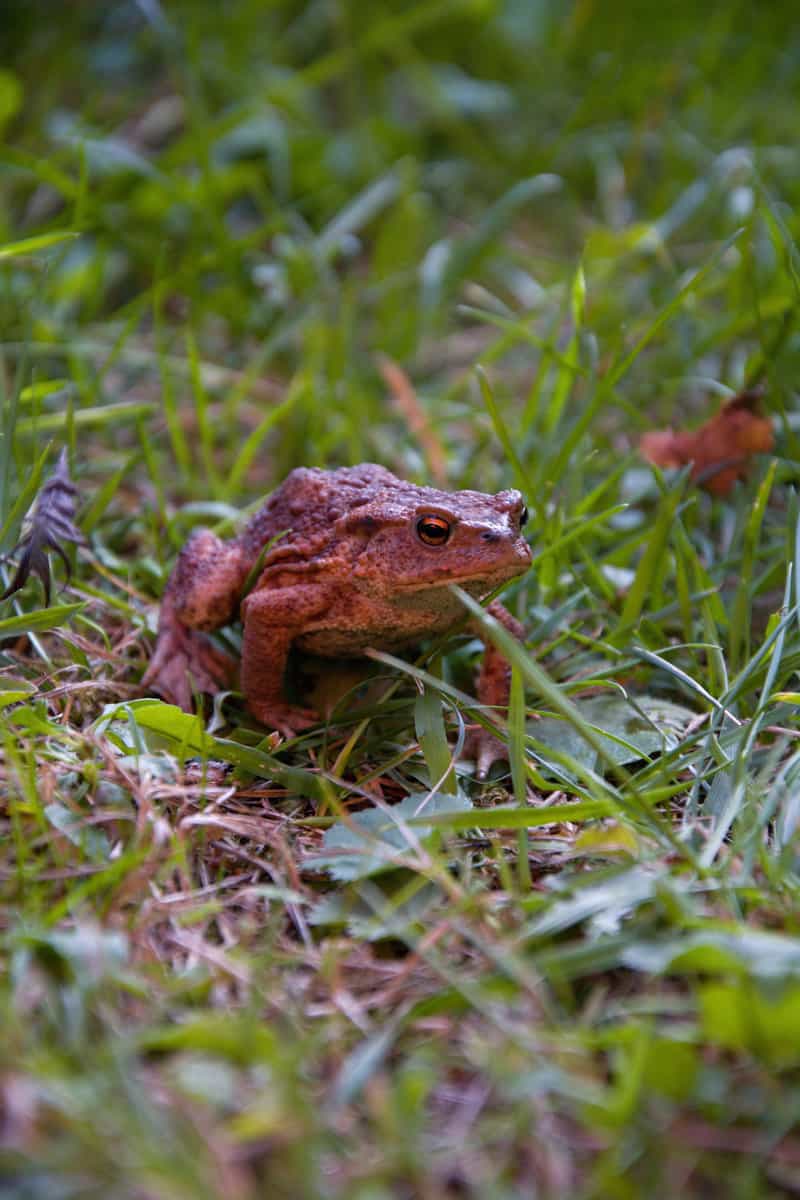
To attract toads to your garden, you can place small, simple shelters like overturned flower pots, logs, or rocks in shady areas near a water source.
This provides them with a cool and moist environment to hide during the day, which is essential for their survival.
Beneficial Reptiles
Welcoming lizards and turtles into your garden not only provides a home for these beneficial creatures but also maintains the balance of your garden's ecosystem.
Working together with these reptiles will help to create a flourishing garden for you and your plants.
Lizards
Friendly little helpers in your garden, lizards play a crucial role in controlling insect populations.
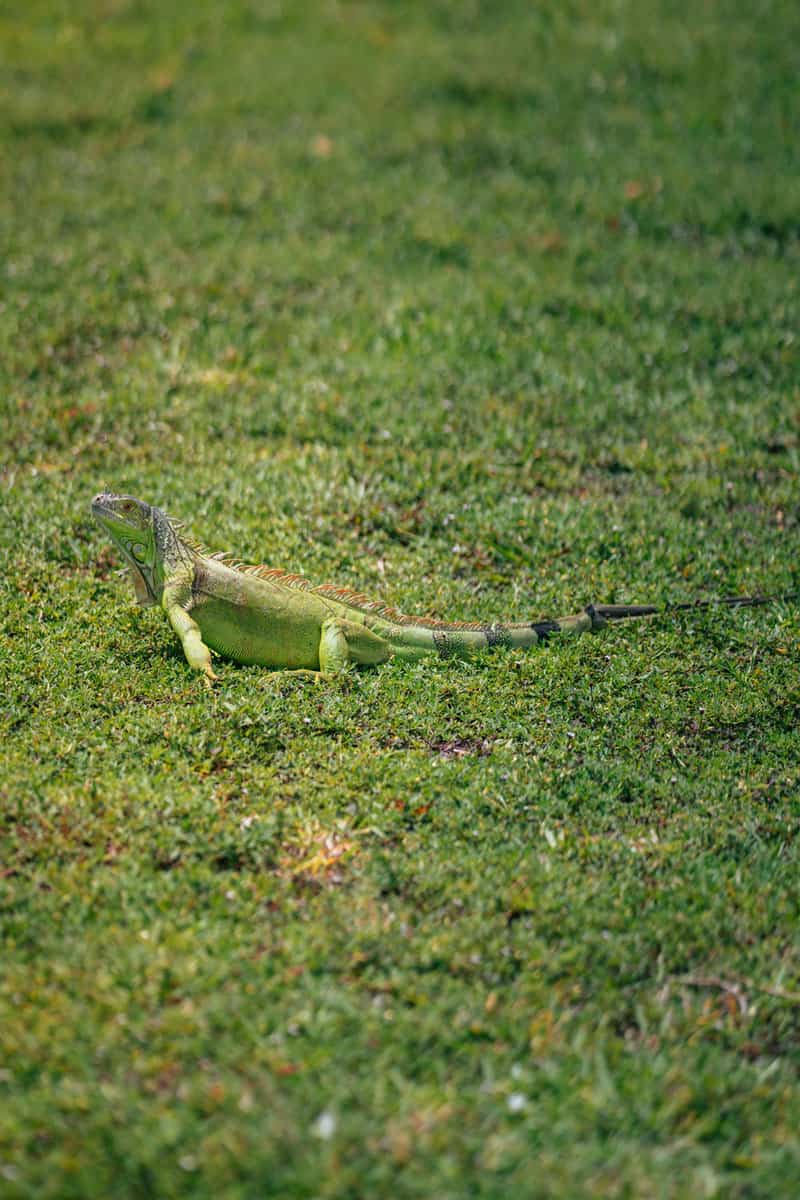
These reptiles are efficient predators, feasting on many pests that can damage your plants, such as ants, spiders, and beetles.
Creating a welcoming environment for lizards will encourage them to stick around and help you maintain a healthy garden.
One way to attract lizards to your garden is by providing plenty of hiding spots like rocks, logs, or leaf litter.
By giving these creatures a suitable habitat, you're ensuring that they'll work tirelessly to keep your garden free of pests.
Turtles
Another group of reptiles you might not have thought of as beneficial to your garden are turtles.
While most turtles are not active predators like lizards, they do contribute positively to your garden's ecosystem.
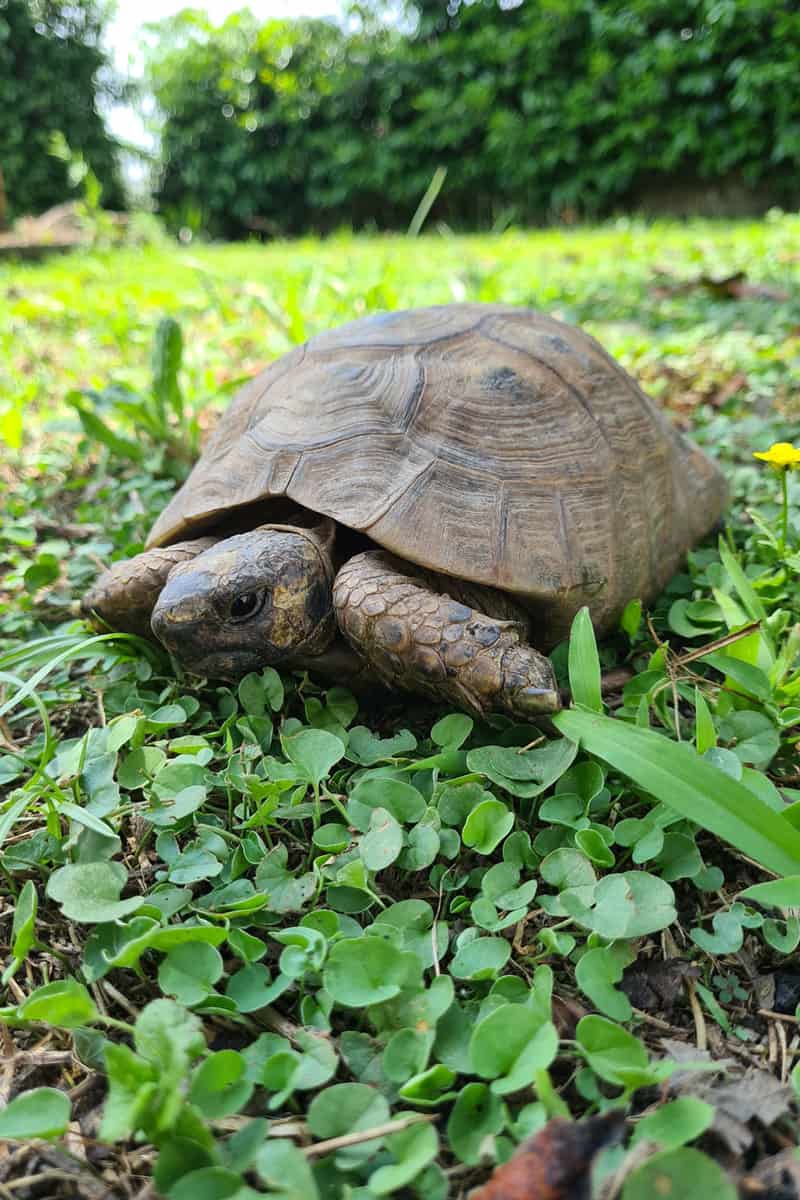
Often thought of as slow and peaceful, some species of turtles can be more active and helpful than you might think.
For example, the box turtle. This land-dwelling reptile is known to eat slugs and other small pests that can be harmful to your plants.
To attract box turtles to your garden, provide a safe environment that mimics their natural habitat. This includes shallow pools of water, fallen leaves, and plenty of shrubs.
Tips To Attract Garden Critters
Beneficial garden critters can help keep your plants healthy by controlling pest populations and pollinating flowers.
Here are a few tips to attract and maintain a diverse group of these helpful friends in your outdoor space.
1. Plant a variety of flowers, shrubs, and trees
Offering a mix of plants with different shapes, colors, and blooming times will attract a range of garden critters.
Include native species in your landscaping, as they're already adapted to your local environment and will likely attract native insects as well.
2. Create natural habitats and shelter
Provide areas for critters to hide and rest by leaving piles of rocks, logs, and leaf litter in your garden.
These simple features create homes for insects, spiders, and even small mammals that can help control pests.
3. Avoid using harsh pesticides
Chemical treatments often harm beneficial insects, including lacewings and ladybugs.
Opt for less disruptive alternatives like soaps, oil, or botanical sprays. In many cases, natural predators will keep pests under control without the need for chemicals.
4. Provide a source of water
Fresh water is essential for all living creatures. Place a shallow dish or birdbath in your garden to give your critter friends a place to drink and cool off. Ensure the water is cleaned and replenished regularly.
5. Plant cover crops in your vegetable garden
Introducing cover crops like clover or rye can improve soil health, attract beneficial insects, and reduce the risk of pests.
Follow the instructions on seed packets for proper planting and maintenance, and turn cover crops under at least three weeks before planting to allow organic matter to break down properly.
Caring for Garden Creatures
In your journey to create a thriving garden, you've now learned about some lesser-known beneficial critters that can help with pest control and improve soil health.
By welcoming these creatures into your garden, you're fostering a natural balance in your outdoor oasis.
Treat them as your garden's allies, and you'll enjoy the rewards of a vibrant and productive outdoor space.
For more tips related to garden animals, check these:
Creating a Wildlife-Attracting Garden in Zone 13
Bunnies In Bloom: When Mother Nature Hops Into Your Garden Plans

Just thought I’d point out…(from Google):
“The tailless whip scorpion often called ‘whip spiders’ resemble a cross between a crab, spider and a scorpion, but despite their name, they are are not a scorpion.”